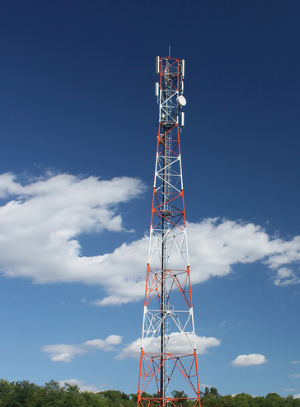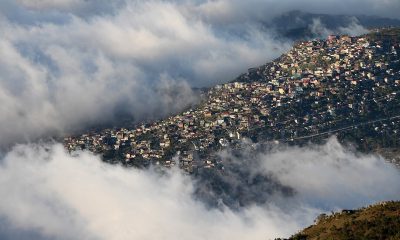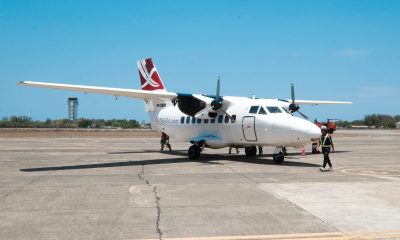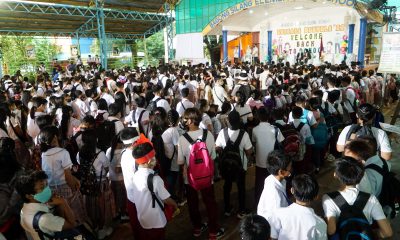Business and Economy
DICT coordinates with LGUs to hasten installation of more cell sites

The Department of Information and Communications Technology (DICT) will coordinate with local government units (LGUs) for the streamlining of permitting process for mobile communications providers to set up additional cell sites across the country. (Photo: Emilian Robert Vicol/Flickr)
MANILA—The Department of Information and Communications Technology (DICT) will coordinate with local government units (LGUs) for the streamlining of permitting process for mobile communications providers to set up additional cell sites across the country.
The construction of additional cell sites is vital in further improving Internet speed and access to the public.
“Streamlining the permitting process by LGUs for service providers will help further improve the telecommunications infrastructure in the country. This would also facilitate the provision of free public Wi-Fi nationwide,” DICT Executive Consultant Monchito Ibrahim said in an interview with the Philippine News Agency (PNA).
The DICT official said the department will be working with the Department of Interior and Local Government (DILG) and local government officials for the formulation of policies on the rationalization of the permitting process.
DICT, through its Juan Konek! Project, will install public Wi-Fi sites in 1,634 cities and municipalities of the Philippines to provide free broadband Internet access.
Through this initiative, free public Wi-Fi will be made available in public plazas and parks; public libraries, schools, colleges and universities; rural health units and government hospitals; train stations, airports, and seaports; and national and local government offices.
Ibrahim said the department will be utilizing satellite technology to deliver Internet services particularly in remote areas that are not easily accessible by telco providers.
“The use of satellite is the most feasible way to provide Internet access in our country considering its archipelagic nature,” he emphasized.
The DICT is considering subscribing to existing facilities of service providers while another contractor may be tapped to monitor their performance.
Currently, it has installed 238 sites in 48 localities nationwide.
Telco industry leaders have been urging both national and local government for the harmonization of policies to speed up the deployment of ICT infrastructure particularly in unserved and underserved communities in the country.
PLDT proposed that a standard permit system be set up to minimize bureaucratic delays and strengthen stakeholder support for the rollout of network infrastructure to more areas in the country.
For its part, Globe Telecom has signed an agreement with the League of Vice Governors of the Philippines (LVGP) to provide support for the deployment of telecommunication facilities within their respective jurisdictions.
LVGP members committed to impose reasonable fees equivalent to the cost of regulation of ICT infrastructure in relation to the process of reviewing ordinances passed by municipalities and cities in their respective provinces. They also encouraged LGUs to ensure that turn-around time for the issuance of permits and licenses should not be more than 10 days from the submission of all requirements; to exempt ICT infrastructure installed in agricultural, residential, commercial, and industrial areas from zoning clearances; and to enact a uniform ordinance prescribing the barest minimum documentary requirements and that no more than three signatures shall be required for such permits.
Globe, on the other hand, committed to provide free WiFi service in cities and municipalities compliant with the provisions of the agreement as well CCTV cameras or computer software or hardware, and free internet service in select schools and public institutions or other high traffic areas such as city halls, terminals, and other LGU-owned areas with potentially high WiFi usage.
It will be in charge of identifying areas to prioritize for the deployment of ICT infrastructure and the provision of technical assistance to provinces, cities, and municipalities for the deployment of their respective ICT infrastructure to be leased by Globe.





















